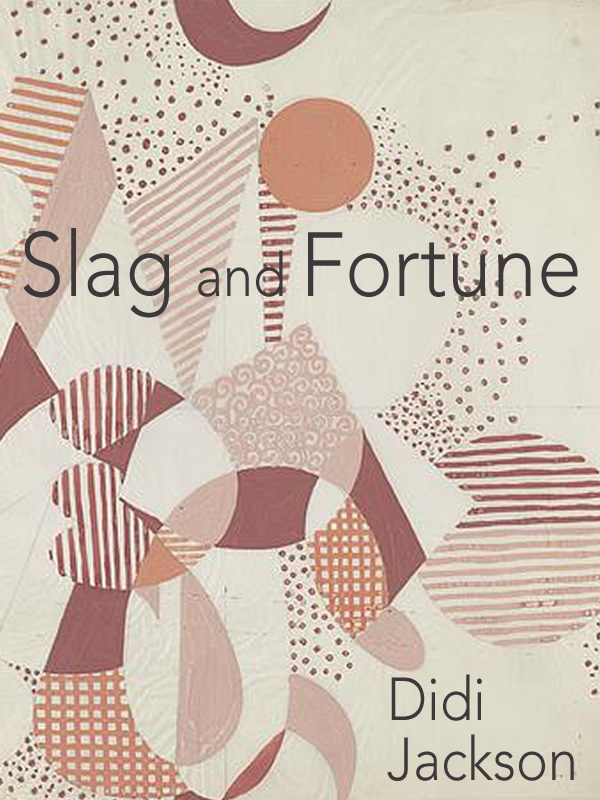i
Do we choose our own myths?
You, the hero, me, the columned girl.
How patient we are as they play out.
Although it can be hard reciting the right lines
and the few gestures to match.
Young men are thinking of riches
and fame, old men are leveling the planks
that one day will make a barge.
Ten days from your suicide to your funeral;
it was on the seventh I visited your body.
We cremate our dead in the tradition of the Romans.
You would have liked to think of yourself as Roman.
I don’t know what I am supposed to do
with my young son. Sometimes I think of myself
as a koré and I swim in my Archaic smile. But mostly
you and I were Mycenaean. We could go
to the movies and still return home empty.
Great stones where the words should have been
corbeled around us. You see, there are limits.
There are always limits.
There are moments in my body that remind me
of lying with your body. Flesh can be tricky.
I touched your flesh when you were dead.
I had to do it. There are moments
I remember that too.
ii
I fear baldness and syllables, and
the beginning and end of beauty.
All are dangerous and sad.
Otherwise, maybe Tiresias
gouged out his own eyes after seeing
Aphrodite naked? Maybe he just figured out
the impermanence of his lover. The dog
needs to be fed. I know for a fact it will bark
until a bowl of courage is laid at its feet.
Sometimes we just walk slowly up to the sea
and gather the scales and count the cowled
waves, and wonder about a life without a hero.
